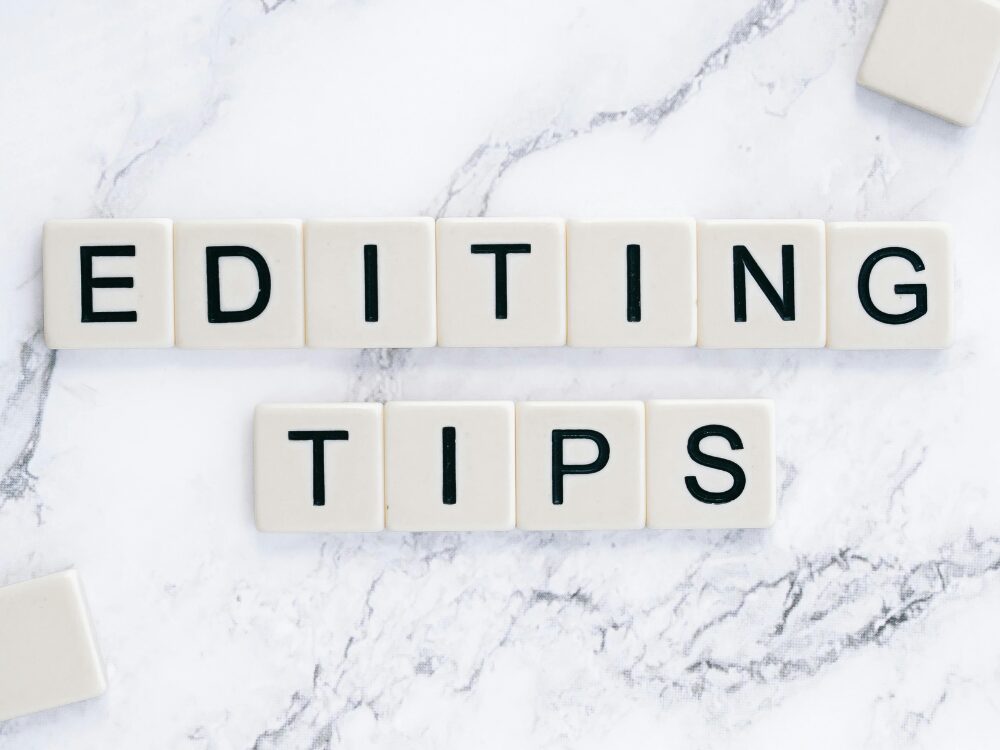On its face, copyediting is a relatively simple prospect. Find grammatical and spelling errors, highlight them, and then send them to the author. But is there more to it than that?
To be honest, not really, but that doesn’t mean it’s easy! During my forays into copyediting, both as a freelancer and as an Oolie, I’ve picked up a number of tips and tricks that I’ve deemed necessary to share with you.
- Stick To The Task At Hand
- Your job as a copyeditor is to copyedit! You are not a beta reader or a developmental editor. If you have feelings on the plot, characters, or prose, keep it to yourself! An author is not going to appreciate unsolicited critiques, so do the job you’ve been assigned and nothing more.
- Stylistic Choices and Errors: Know the Difference
- Sometimes writers like to break the rules. And you know what? That’s okay! You just have to learn how to distinguish between an intentional rule break and an unintentional one. A good sign that a rule break is intentional is if it’s repeated consistently. For example, I had a writer who liked to omit a word for effect. So, the sentence “Bob grabbed his pistol and cocked it” was written as “Bob grabbed his pistol, cocked it.” This flourish was repeated often enough that I figured out pretty quickly to not mark it as an error, but if you’re unsure, just ask! Communication is key in any relationship, and the author/editor one is no different.
- Fact Checking Counts
- As a copyeditor your job is not to painstakingly cross-reference every bit of data that appears in a book. However, if you see an obvious factual error, correct it. Small fact checks, like pointing out that William Shakespeare did not write A Tale of Two Cities, fall within your purview.
- Look Out for Word Choice
- When we think of copyediting, we tend to think of looking for misspelled words. Misspellings are certainly a problem but tend to be easily noticed. More troublesome are incorrect word choices, like when someone confuses foreboding with forbidding. These are tricky because word processors’ built-in grammar and spell checkers won’t always detect them.
- Budget Your Time Wisely
- Copyediting is a lot of work! Especially if you’re editing a whole book. You know your own work habits better than anyone, so budget your time accordingly.
- Be Kind
- Being snarky, condescending, or cruel in your editing notes helps no one, least of all yourself. Your skill as an editor has to be coupled with your professionalism or else no one is going to want to work with you. This bit of advice can be applied to other areas of your life as well, but I’m not qualified to offer that kind of guidance.
Thank you for reading! Hope this has been helpful, and happy editing.

